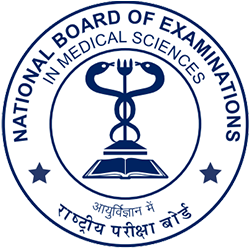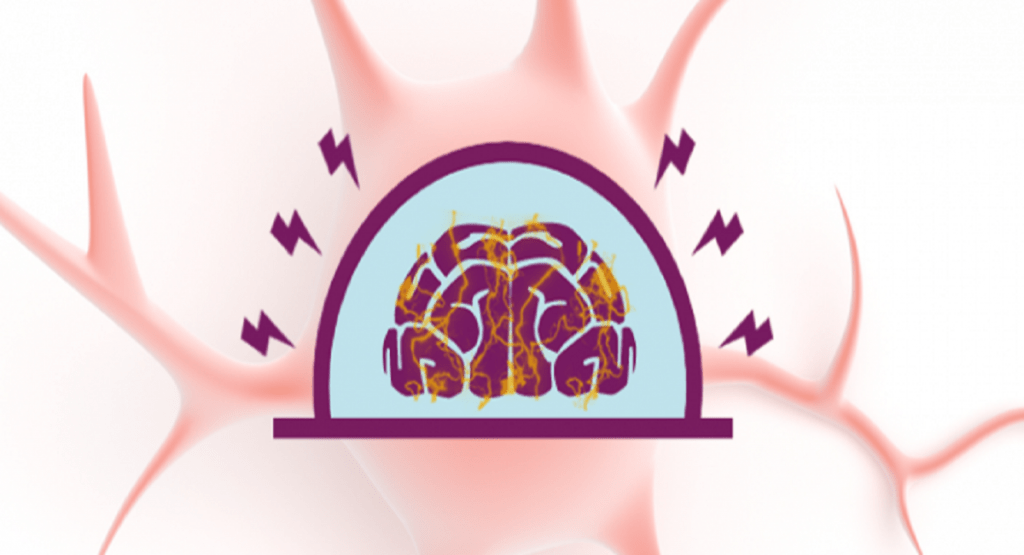Elements that increase your chances of acquiring diseases all called risk factors. In case of Epilepsy, there is every possibility of developing without any risk factors. This is particularly seen in child epilepsy. It is always advised to consult a doctor in case you have too many risk factors and get awareness towards reducing them.
Some of the risk factors for epilepsy include:
- External or Internal Head injury
- Stroke
- Alzheimer’s disease
- Brain tumors
- Heart failure
- Kidney failure
- Liver failure
- Drowning or any other incident that deprives oxygen supply to brain
- Lack of adequate sleep
Infectious diseases, such as:
- Meningitis
- AIDS
- Viral encephalitis
- Hydrocephalus (excess fluid in the brain)
- Celiac disease (intolerance to wheat gluten)
- Metabolic conditions
In some cases, epilepsy can result from genetic abnormalities inherited at birth. Causes and types of seizures vary with age groups. Here is a listing:
In children, risk factors include:
- High fever
- Poor nutrition
- Other factors that can increase your risk of epilepsy include; exposure to:
- Lead
- Carbon monoxide
- Other environmental toxins
- Certain illegal drugs
- Overdose or withdrawal of antidepressants and other medications
- Medication interactions
- Alcohol use disorder
- Cysticercosis—an infection caused by a pork tapeworm
Cause of Epilepsy is difficult to know in more than 50 per cent of the cases. Also, the cause depends on age of the person. Someone with no clear cause may probably have genetic reason. It is a complex relation between genes and seizures and there aren’t any genetic tests available for many forms of epilepsy yet.
What causes epilepsy?
Head injuries and brain infections are the most common causes of Epilepsy. Medications used for brain infection may lead to seizures on long run. Though both these causes don’t have any age restriction but head injuries are more common amongst young adults. Tumors are common in middle age.
Someone with conditions that affect functioning of brain like Alzheimer’s disease and other conditions can also suffer seizures. People above 65 years of age are more vulnerable to brain stroke which can be an onset for seizures.
Understand the common causes of seizures based on age:
In Newborns:
- Brain malformations
- Lack of oxygen during birth
- Low levels of blood sugar, blood calcium, blood magnesium or other eletrolyte problems
- Inborn errors of metabolism
- Intracranial hemorrhage
- Maternal drug use
In Infants and Children:
- Fever (febrile seizures)
- Brain tumor (rarely)
- Infections
In Children and Adults:
- Congenital conditions (Down’s syndrome; Angelman’s syndrome; tuberous sclerosis and neurofibromatosis)
- Genetic factors
- Progressive brain disease (rare)
- Head trauma
In Senior citizens:
- Stroke
- Alzheimer’s disease
- Trauma
What triggers these seizures?
Though the cause of Epilepsy is not known in many cases, factors that trigger or provoke seizures can be identified. It is important because a person with epilepsy is more likely to get seizures with these factors (or triggers). Knowing the triggers will help one to adapt to lifestyle changes that reduce the risk of triggers.
Some of the known triggers are:
Missed your medication
Disrupted sleep
Illness
Mental stress
Alcohol withdrawal or abuse
Drug abuse
Over-the-counter drugs or medication that could reduce resistance to seizures
Vitamin and Mineral deficiency
Poor eating habits and not enough liquid intake
Hormonal changes
Flashing lights or patterns
Specific activities, noises or foods





